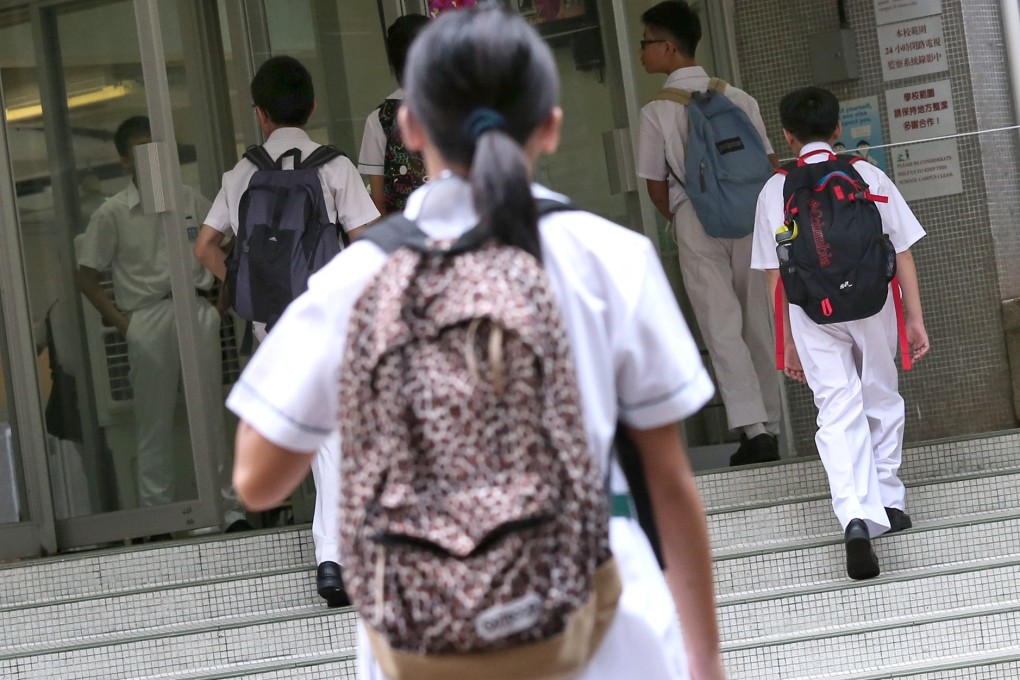More than half of Hong Kong’s direct subsidy scheme schools apply to raise tuition fees for the next academic year, citing inflation and rising costs
- Figures released by the Education Bureau show 39 of 72 schools covered by the scheme have asked for permission to raise charges
- The fee rises range from 2.8 per cent to 19.2 per cent

More than half of government-funded schools in Hong Kong have applied to raise tuition fees for the next school year, charging parents as much as 19 per cent more annually.
Figures released by the Education Bureau on Tuesday showed that, as of May 3, it had received 39 applications for fee rises from 72 primary and secondary schools under the direct subsidy scheme (DSS), three fewer than in the same period last year.
Direct subsidy scheme schools benefit from government funding but can also charge fees.
Among the 39 schools, at least 24 requested rises ranging from 2.8 per cent to 19.2 per cent, according to information obtained by the Post.
Five of them asked for an increase of more than 10 per cent, with four of them currently charging parents a maximum of HK$7,300 (US$930) a year – still lower than the fees charged by traditional elite schools.